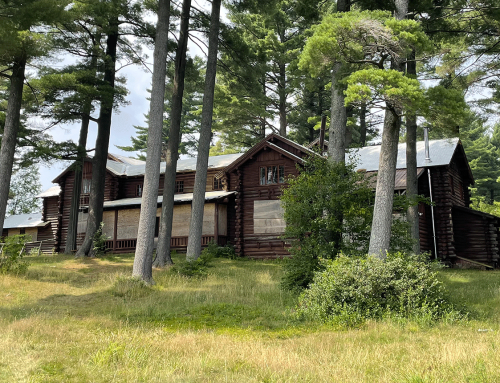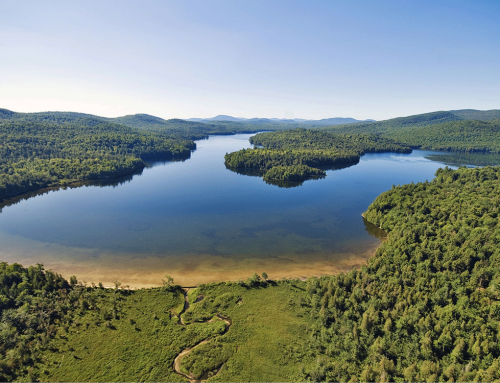New York State becomes the 9th state to ban wildlife killing contests
On June 21, 2023, the NYS Assembly passed legislation carried by Deborah Glick, Chair of the Assembly Committee on Environmental Conservation, to ban wildlife killing contests in New York State. This bill was passed by the State Senate in early June, carried by Senator Timothy Kennedy. When the legislation is signed into law by Governor Kathy Hochul New York State will become the ninth state to ban wildlife killing contests.
This bill amends the Environmental Conservation Law to make it unlawful for any person to organize, sponsor, conduct,promote or participate in any contest, competition, tournament or derby with the objective of taking or hunting wildlifefor prizes or other inducement, or for entertainment. Contests for taking or hunting white-tailed deer, turkey and bear are exempted, which are already regulated by season and bag limits, as are special dog training areas or field trials or similar canine performance events.
According to the NYS Humane Society, there are currently at least 29 annual wildlife killing contests in New York State, of which 17 are coyote killing contests and the remainder are contests to kill foxes, squirrels, woodchucks, raccoons, and crows. “Wildlife killing contests are contrary to sound principles of wildlife management and to fundamental principles of hunting ethics for a ‘fair chase’ because they promote killing the largest number of target animals in the shortest amount time. They also promote indiscriminate killing of wildlife, where many animals are killed for a prize. To do this, participants often use unethical means such as fake distress calls, lures, and baits. In addition, the carcasses of the killed animals are often treated as trash and disposed of in dumpsters,” said Peter Bauer, Executive Director of Protect the Adirondacks.
Eight other states have successfully moved to ban wildlife or coyote hunting contests, including Arizona, California, Colorado, New Mexico, Washington, Vermont, Massachusetts, and Maryland. The common thread through all these state laws is prohibiting contests that encourage killing of fur bearers or specific animals in organized contests for prizes or entertainment. Legislation is also pending in other states. This legislation was supported by Protect the Adirondacks, the Adirondack Council, The Sierra Club Atlantic Chapter, Project Coyote, the Rewilding Network, and the Humane Society of New York State.
“We congratulate Chairwoman Deborah Glick and Senator Timothy Kennedy, who carried this bill for years, fighting an uphill battle to protect New York’s wildlife. This bill is not anti-hunting, but it is anti-wanton killing of wildlife,” said Claudia Braymer, Deputy Director of Protect the Adirondacks.
Coyote killing contests are particularly destructive because of the similarities between large Eastern coyotes and wolves, both of which are present in New York State. Wolves are listed as an endangered species under both federal and New York State law and the killing of wolves is prohibited under both federal and State law. There have been several documented instances in New York of hunters killing what they thought was a large coyote, but which DNA analysisproved to be a gray wolf. The most recent incident involved a large canid that was shot near Cooperstown in December 2021. The hunter believed it was a large coyote, but subsequent DNA analysis proved it to be 98% gray wolf. The Department of Environmental Conservation website states that “[a]ny canid 50 pounds or greater may be a wolf” and that “wolves are present in Algonquin Provincial Park in Ontario and it is possible for these animals to travel into New York.” Coyote killing contests award prizes for the largest “coyote” killed, thereby increasing the chances thatendangered wolves may be killed.
The purpose of this legislation, among other things, is to discourage hunting of large coyotes that may well be wolves. The unfortunate reality is that wolves confirmed in New York State are always dead animals, killed by hunters or in some kind of accident. New York needs to reform its coyote management to focus on protecting living animals that may be wolves and gathering data on both wolf and coyote populations in the State.











